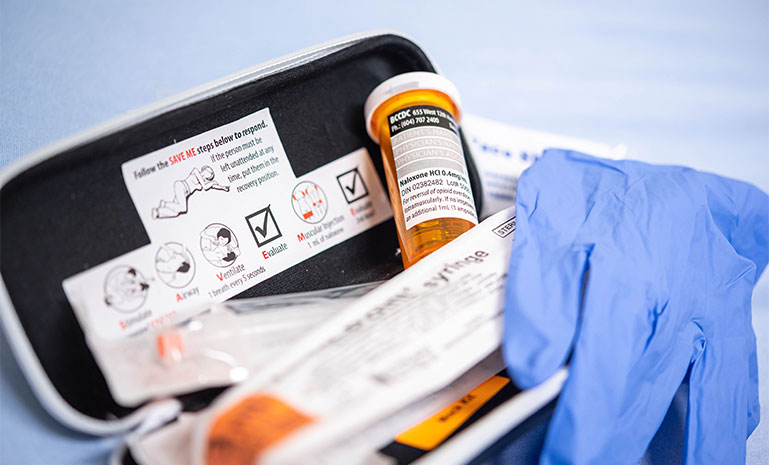
In B.C., unintended death due to illicit drug overdose is the leading cause of preventable death. Between 2010 and 2018, the number of overdose deaths increased from 211 to 1,535 – an alarming increase that prompted former Provincial Health Officer Dr. Perry Kendall to declare a state of emergency.
To help tackle the crisis, in April 2018, UBC and the B.C. Centre on Substance Use brought together researchers, community members and people who use drugs for a roundtable discussion to explore issues of stigma related to substance use and addiction. That discussion has helped inform the university’s response to the overdose crisis through its research, teaching and community engagement.
“It’s been great to see a lot of people at the university, from President Santa Ono and down, saying that we’ve got to contribute to this and try to beat back this crisis,” UBC professor Dr. M-J Milloy explains. “This is the defining crisis of our age and—not to be too biblical about things—but we will be judged by the actions that we took during the crisis, as we should be.”
Dr. Milloy is just one of dozens of scientists at UBC working to address the growing public health challenge – an example of UBC’s efforts to build expertise in Strategy 9: Knowledge Exchange and help researchers across disciplines find and establish connections with community, corporate and international partners. Every day, researchers across a variety of disciplines—from medicine to sociology, mathematics, nursing and engineering—are conducting research to gain a deeper understanding of the factors driving the crisis and to determine potential solutions.
Learn more about this varied research – from the potential of cannabis in addressing the overdose crisis to improving patients’ access to care – on the Innovation UBC website.